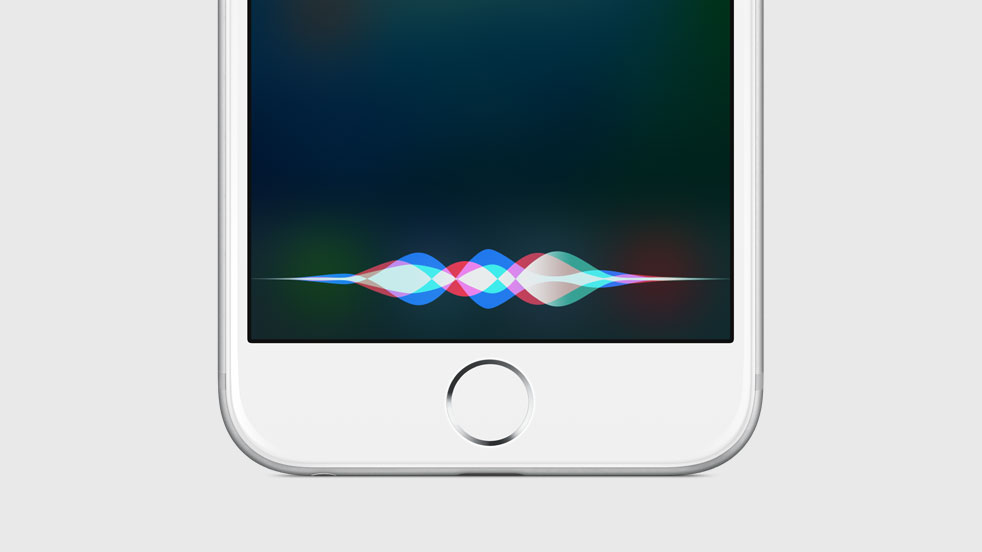Apple’s massive hiring effort in artificial intelligence and machine learning has hit roadblocks as the company is increasingly finding it tough to recruit top data scientists and AI experts due to its own strict privacy policies that prevent those engineers from retrieving valuable user data.
In other words, according to a Reuters report Monday, some of the brightest minds in artificial intelligence are increasingly not interested in working for a company that values and respects privacy of its users.
Apple is fighting for machine-learning PhD’s with the likes of Google, Amazon, Facebook and others. Apple needs new talents to advance Siri, a digital personal assistant that debuted with the release of the iPhone 4s in October of 2011.
As part of its push, the company is “currently trying to hire at least 86 more employees with expertise in the branch of artificial intelligence known as machine learning,” an analysis of Apple job postings has revealed.
“Machine learning experts who want unfettered access to data tend to shy away from jobs at Apple,” former employees told the news gathering organization.
Though the company does not divulge the number of people working on its AI efforts, a former employee estimated the number of machine learning experts had tripled or quadrupled in the past few years, Reuters writes.
The iPhone maker is also hiring machine learning experts for divisions such as product marketing and retail, “suggesting a broad-based effort to capitalize on data.”
iOS 9 employs so-called Proactive technologies that make Spotlight and other features more intelligent and anticipatory but based solely on the data residing on your phone.
Google, on the other hand possesses a much deeper knowledge on users which stems from an ongoing analysis of troves of cloud-based harvested data on their searches, websites they visited and more.
To that extent, Apple is playing a catchup because conventional wisdom implies that features like Google Now require massive amounts of data that typically cannot be crunched on the device alone due to limited computing resources.
“They want to make a phone that responds to you very quickly without knowledge of the rest of the world,” said Joseph Gonzalez, co-founder of Dato, a machine learning startup.
“It’s harder to do that.”
iOS 9 Proactive features add intelligence without passing user data to the cloud “in a way that enhances how you use your device but without compromising your privacy,” according to Apple itself.
The company is also introducing downloadable ad-blockers in Safari on iOS 9 to protect users from a vast and intrusive ad apparatus which tracks them across platforms and devices.
Source: Reuters
